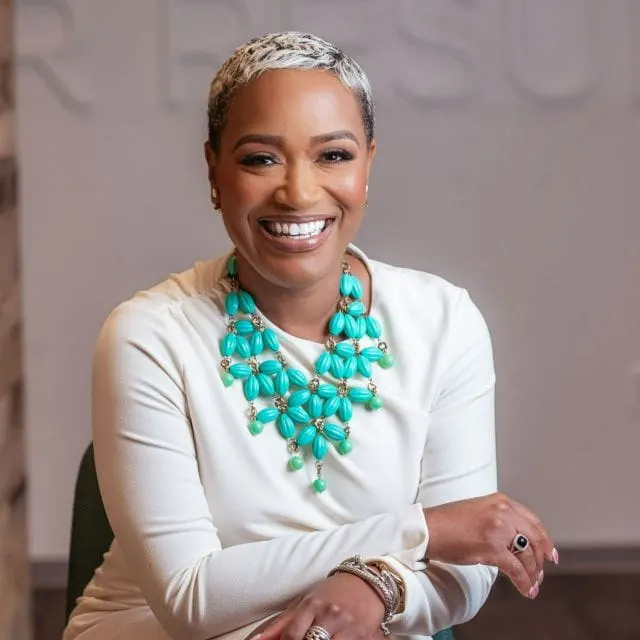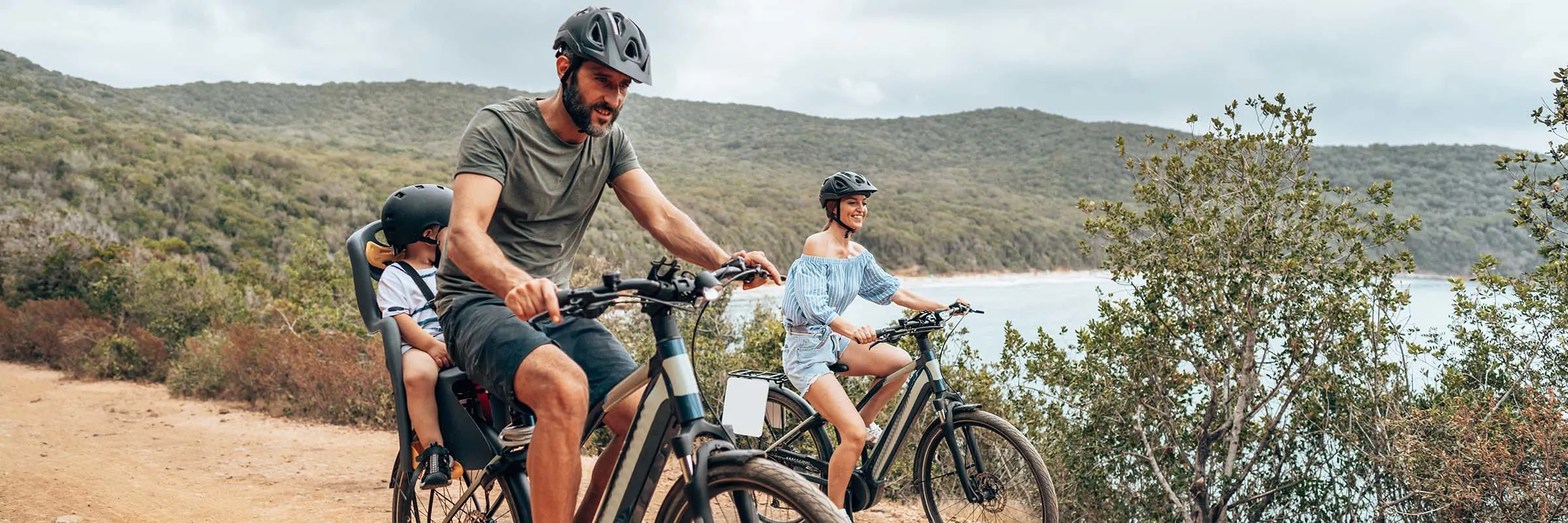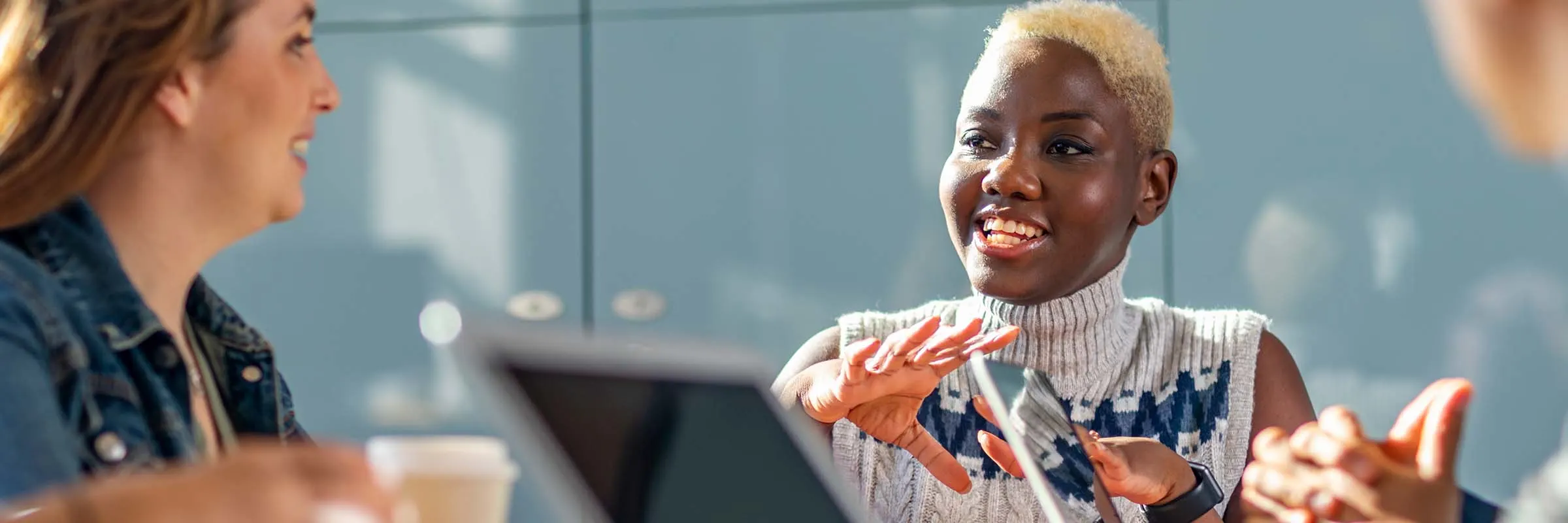Helping people understand how their emotions, beliefs and social influences shape their money beliefs is a significant part of my work. Understanding my own money story has been life-changing for me, and I’ll share some of my journey here.
Read more: Want to understand your own money story? These 5 prompts will get you started.
After college, I started a Money Club with my friends to explore budgeting, credit and reducing debt. Many of my friends shared the same story: They carried debt while financially supporting family members and tirelessly saving for milestones. Back then, I believed financial education was the sole answer and path to our financial advancement. However, with time, I realized that’s just the start. To really move forward, I also needed to dig deeper, especially into my money psychology.
When did I first start making money?
I secured my first job when I was 15, working at McDonald’s and earning about $4.25 an hour. It was hard work, and I executed my tasks with pride, always aiming to deliver excellence. Soon after, I earned a promotion from mopping floors and making fries to the grill and cash register. I developed a great relationship with my manager — I even helped open a new location.
My time at McDonald’s was an important moment in my life, and I carried much of what I learned there into future roles.
What shaped my money outlook
Based on my own wealth journey as a Black woman and finance professional, I believe financial education and inclusive banking practices are needed to make a lasting difference.
I’m the child of a police officer and a teacher who preached the importance of a college education. When faced with sending their kids to the local public school that was not performing well, they made a significant financial sacrifice by sending us to private schools. While we received an amazing educational foundation, there simply was not enough money to also save for college. I graduated from Michigan State University with more than $40,000 in student loan and credit card debt.
How I tackled my debt
I spent my early thirties parenting my son while diligently paying off about $70,000 of debt from undergrad and graduate school. My coworker shared that she had paid off her loans in two years with a similar salary by shifting her focus toward putting her money toward her debt first — and learning to say no.
She inspired me, and I want to inspire you, too. If debt payoff is your No. 1 priority, the hard truth is that you can’t have everything at once, and you must find balance. I drove the same car as long as I could, said no to vacations and set the limits I needed in order to prioritize paying off my debt. And I did, after about five years.
While I scaled back on most spending, I still saved up for occasional small splurges, such as dinner at a favorite restaurant or a fashion item I loved. I believe it’s important to have small splurges included in your spending plan because it makes debt repayment more palatable.
A vision for the future of finance
After teaching skills-based financial literacy for more than ten years at Ally, I transitioned to a new role within the advisory business. The consultation journey was grounded in behavioral finance and money psychology, and I realized money psychology is a major missing piece in financial education. I knew we needed a way to bring more people into this work.
At Ally, we created Money RootsTM as a free program to work toward money wellness through workshops and resources grounded in money psychology. The program takes people on a guided journey to understand their money beliefs, behaviors and emotions and, ultimately, change deeply rooted money behaviors.
My money mantra
My spending, saving and giving is in alignment with my core values and life goals. I am a money magnet. Wealth and abundance flow to me effortlessly.
Here's my 10-second money pep talk
We all have a personal money story that’s made up of beliefs, thoughts and feelings about money — and it continues to show up in our financial behaviors whether we realize it or not. While we can’t rewrite history, there is an opportunity to get to the root of it and make a decision to create a new narrative.




